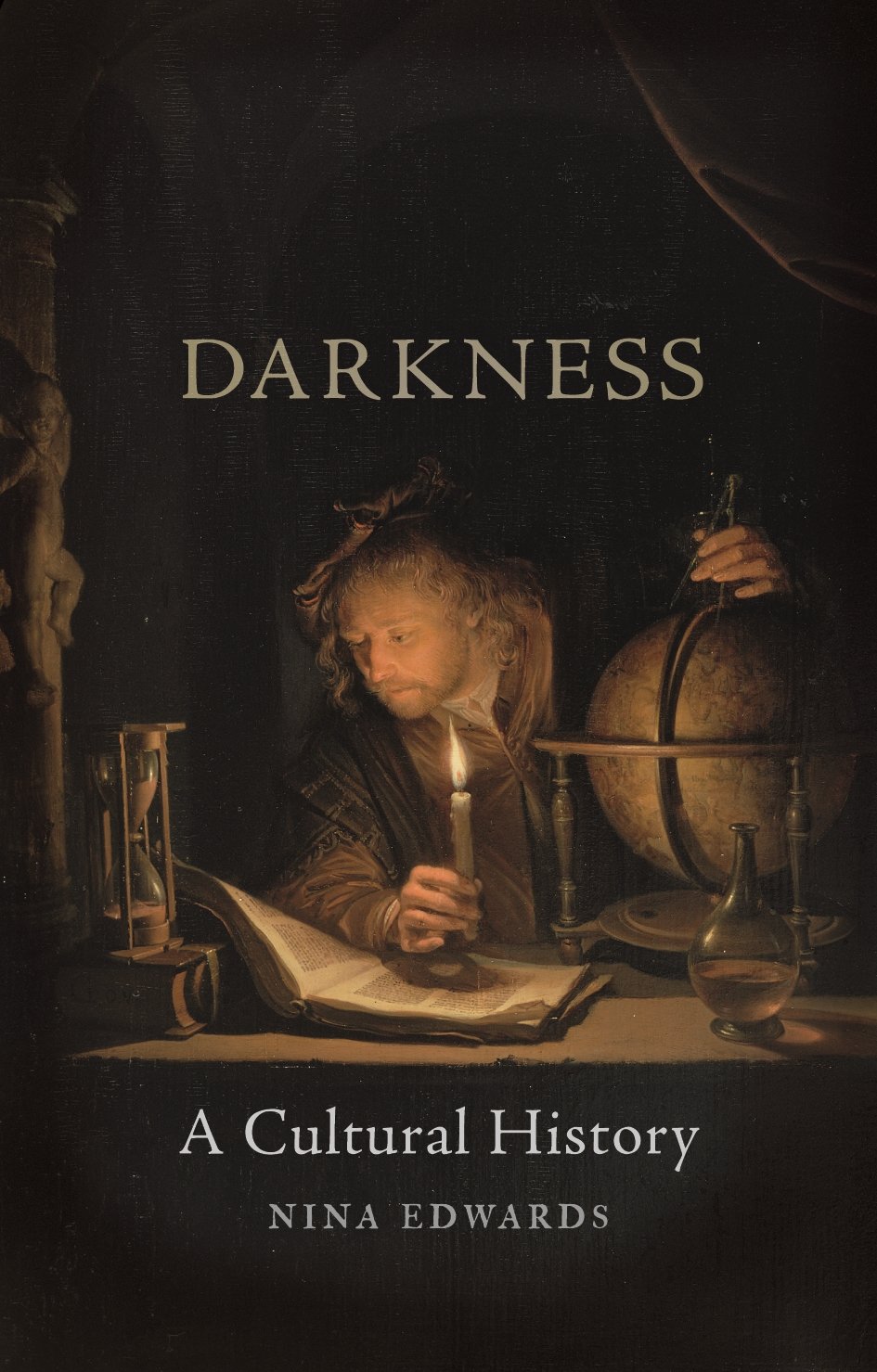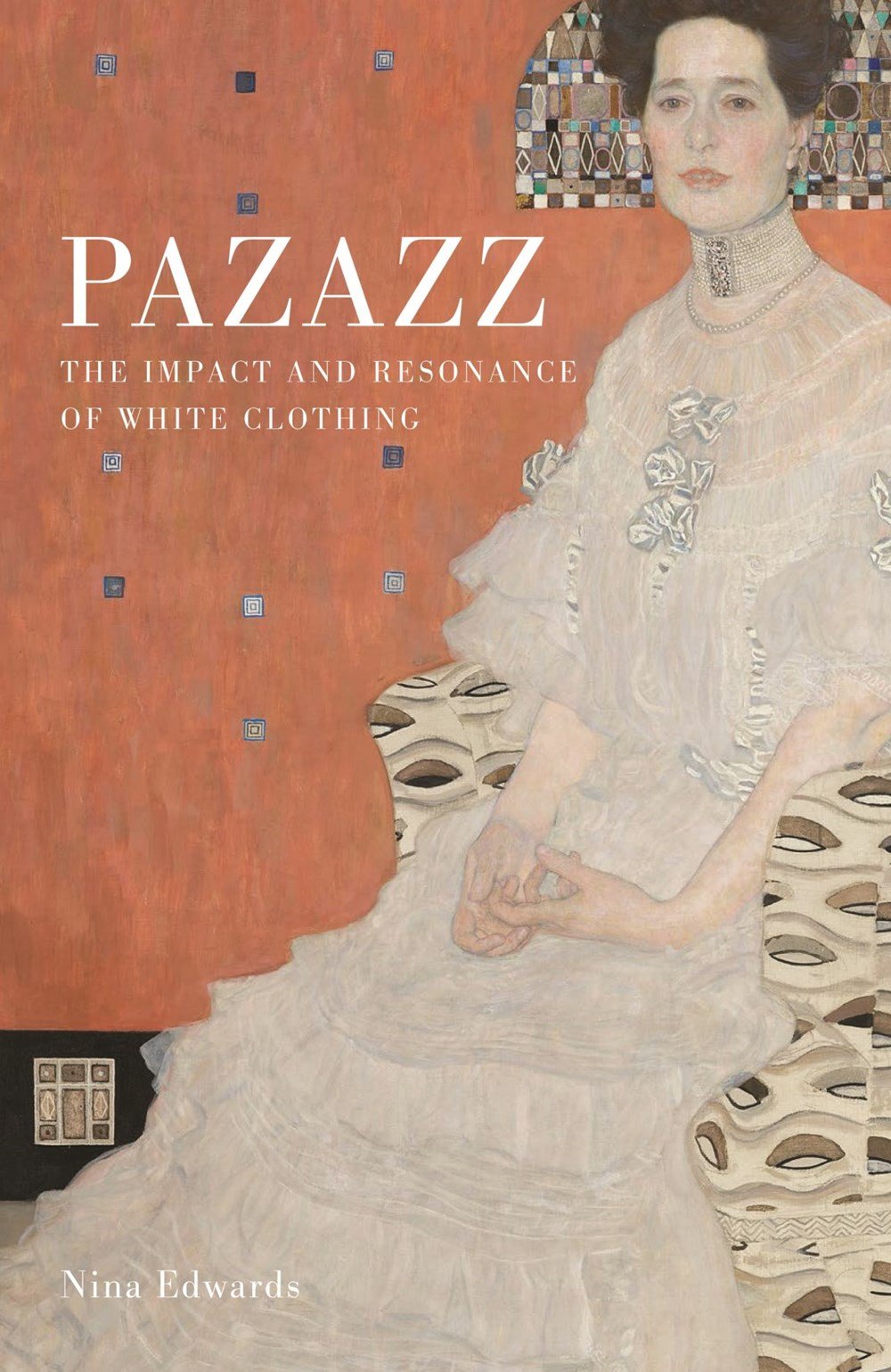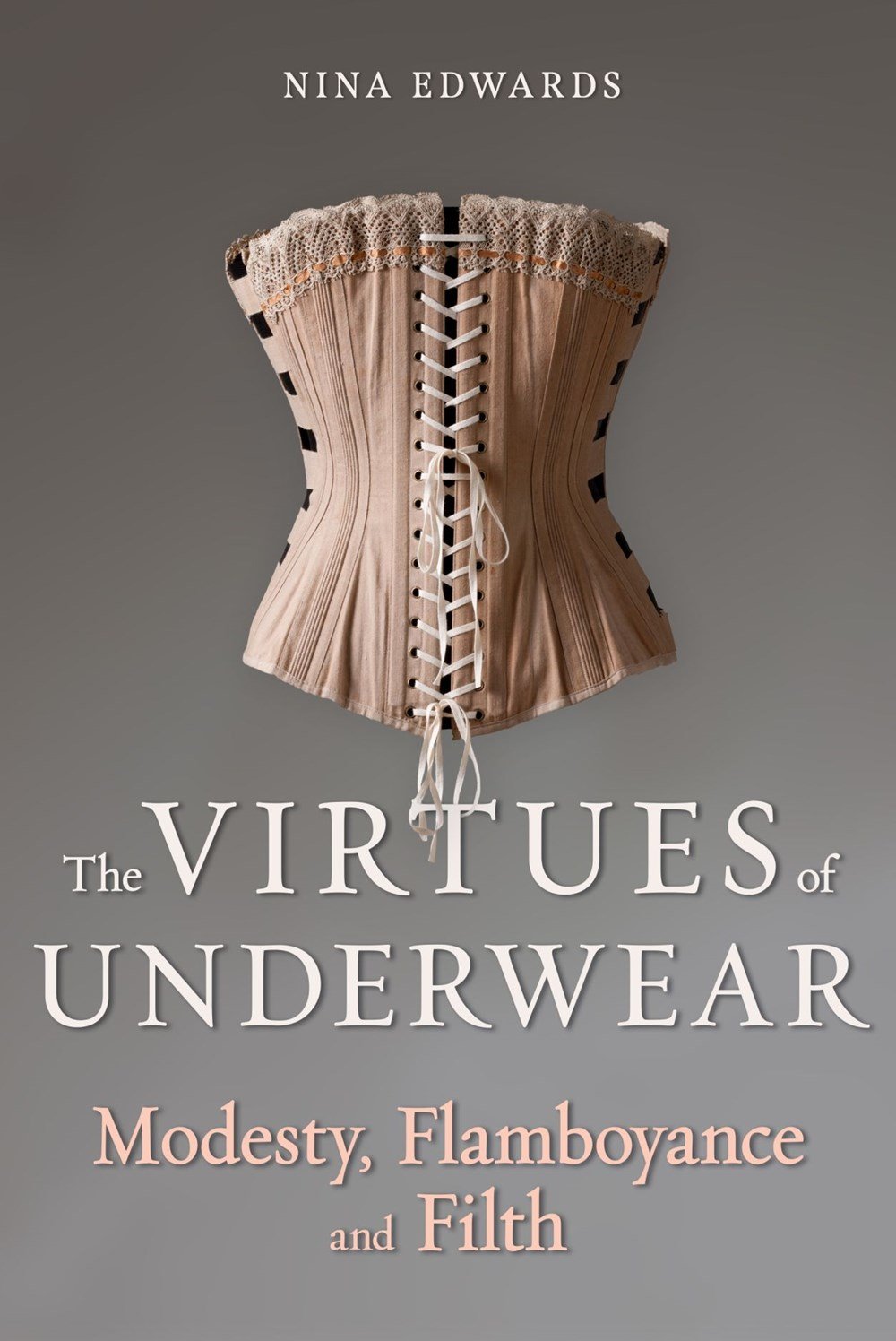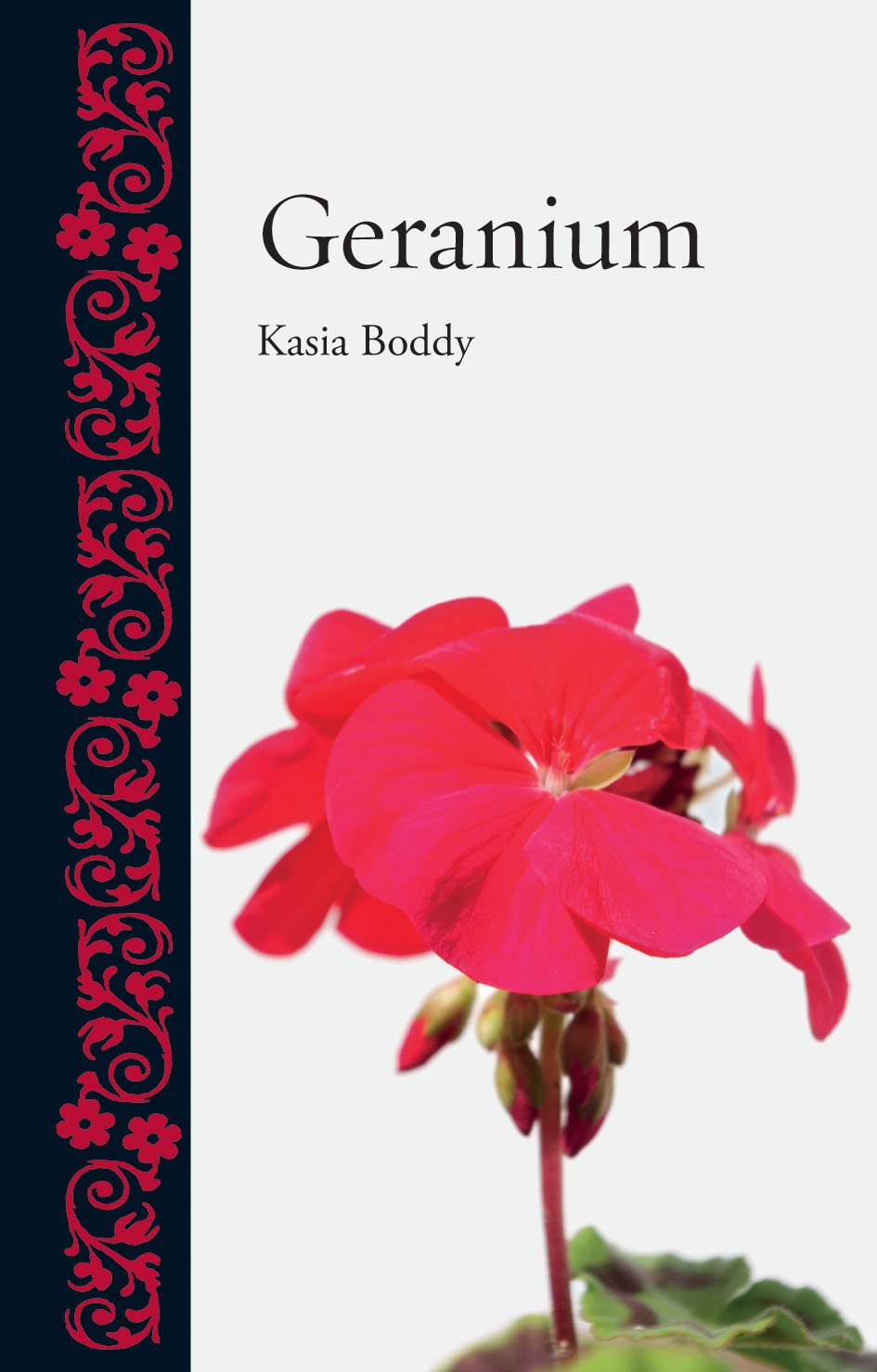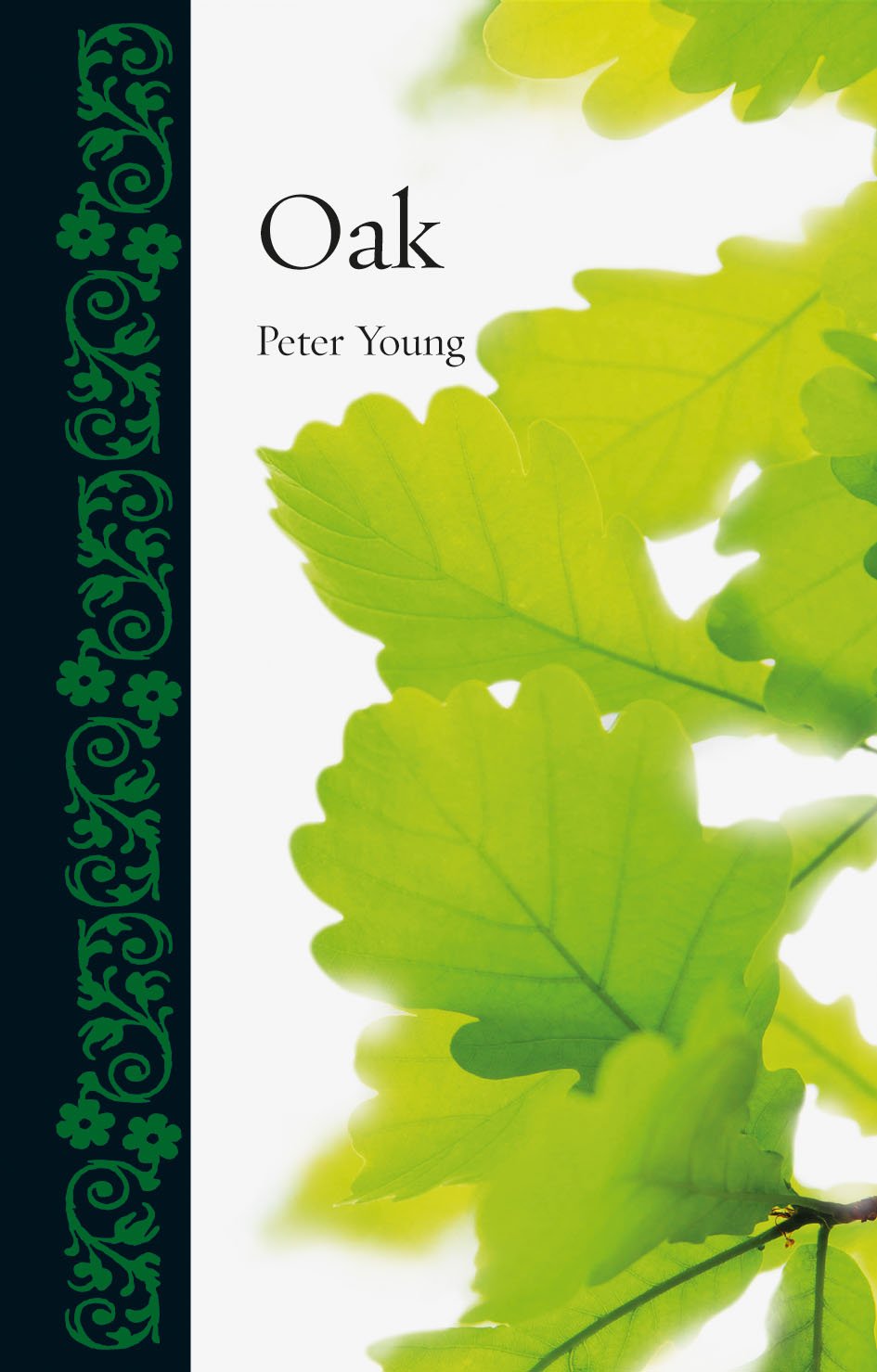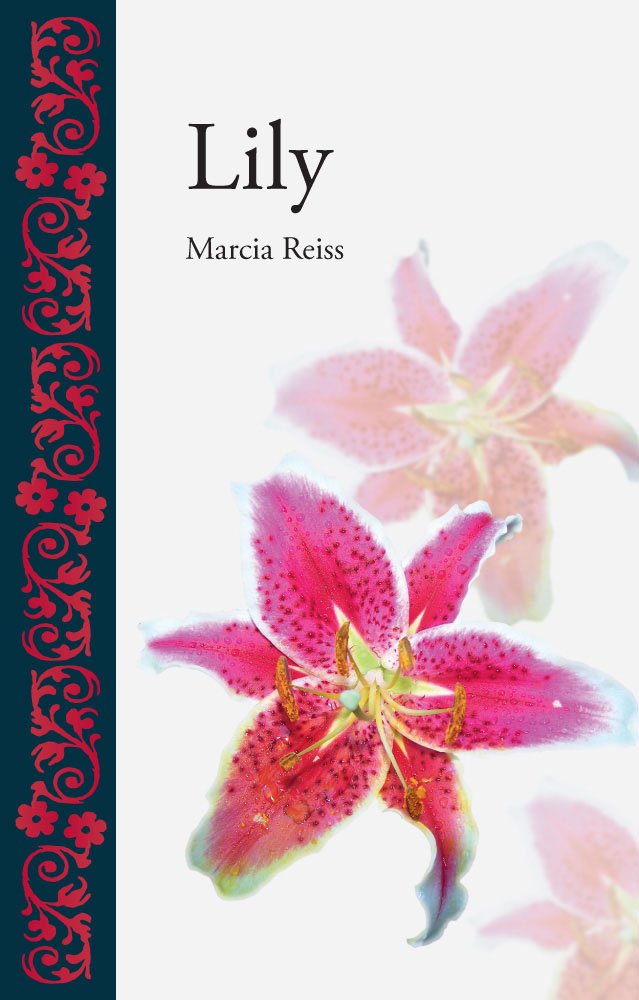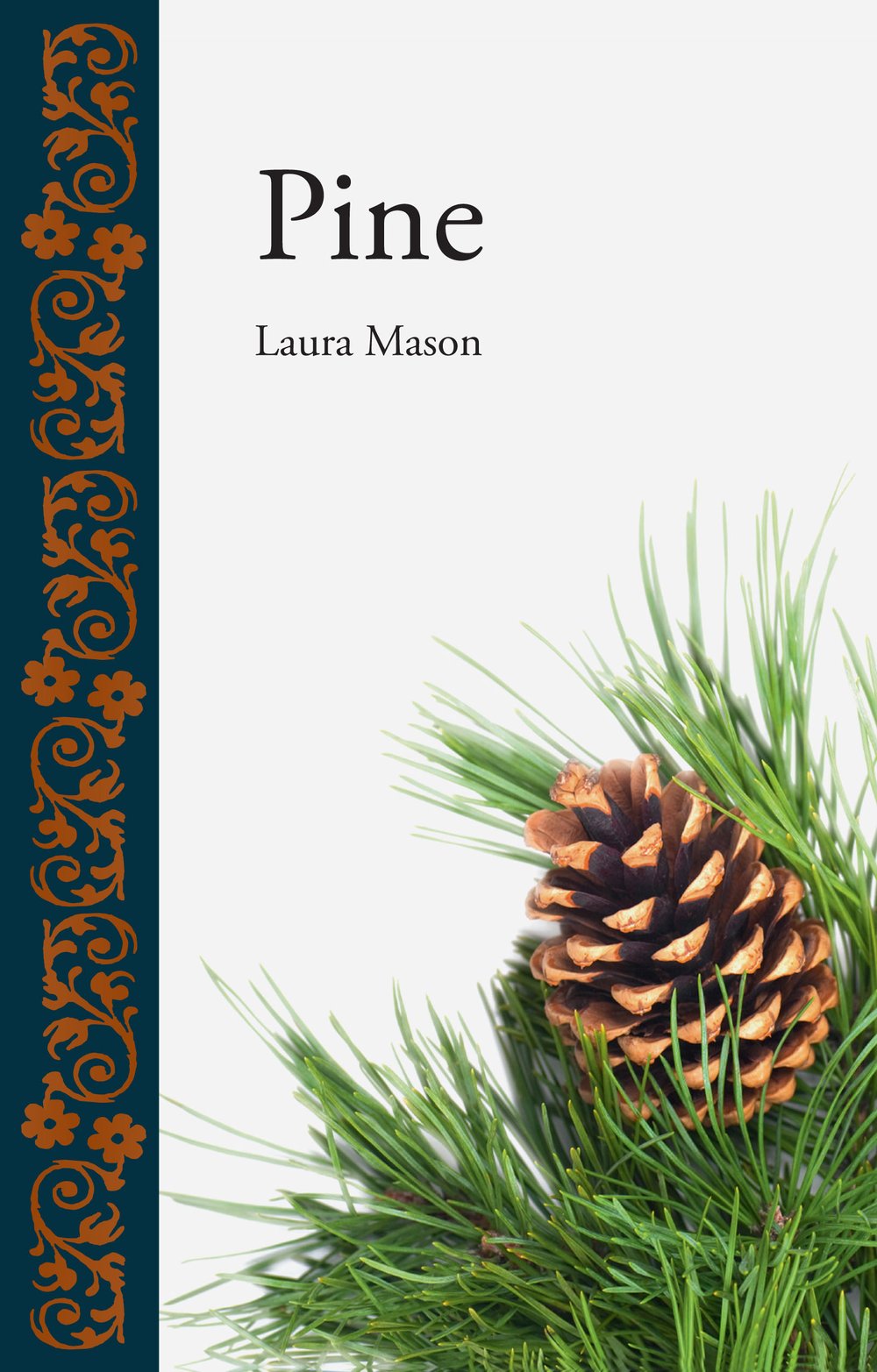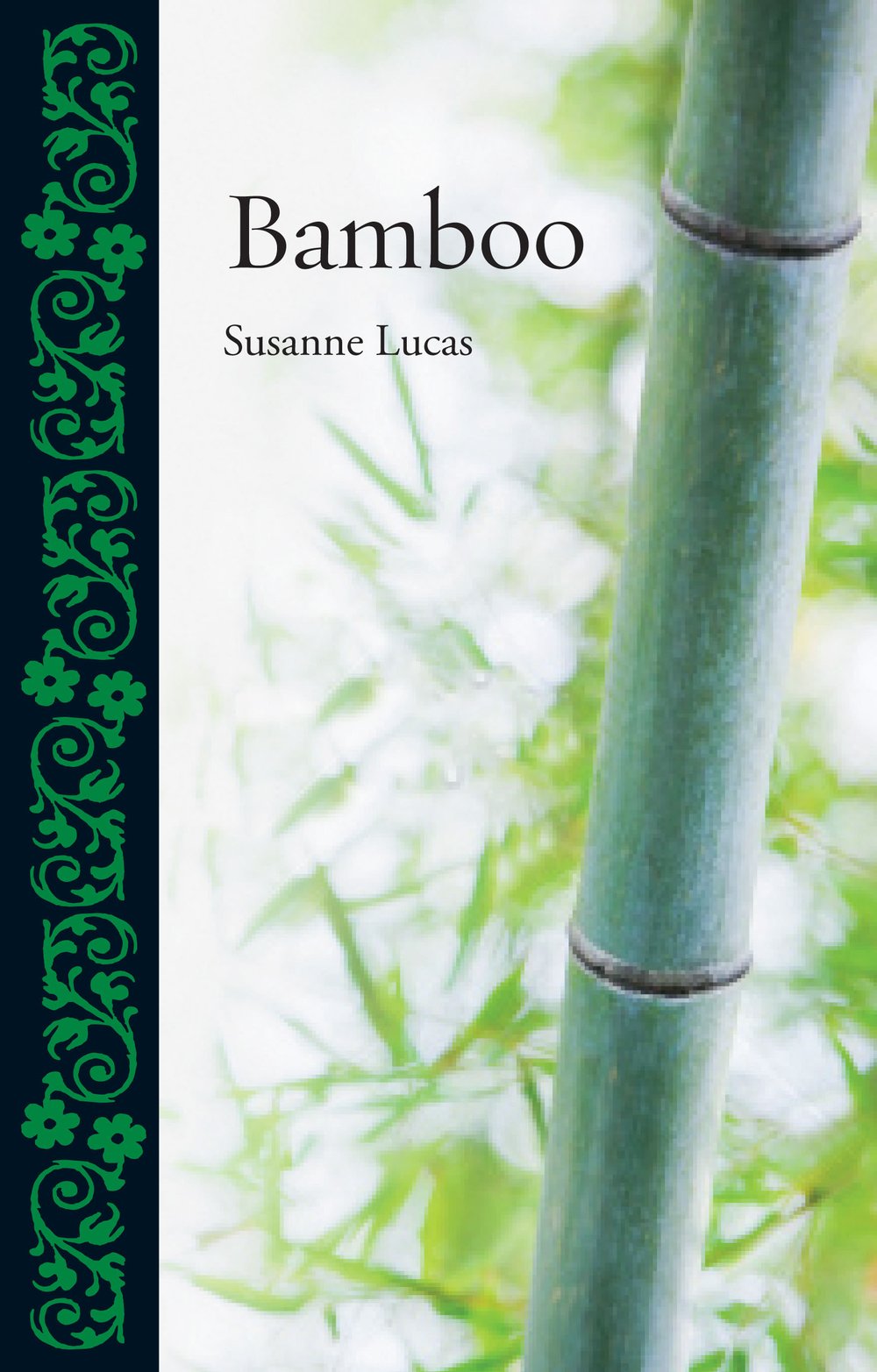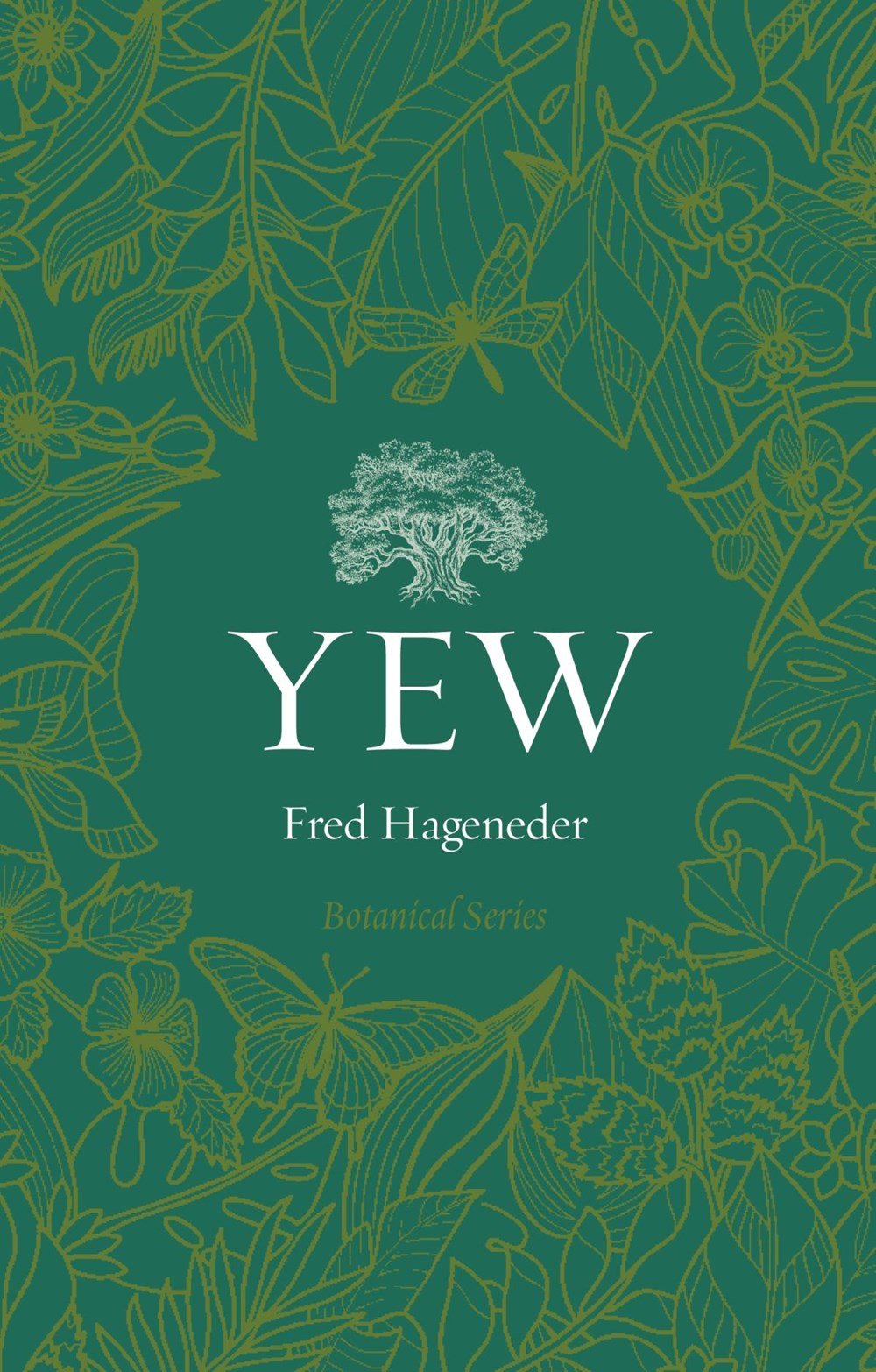Weeds
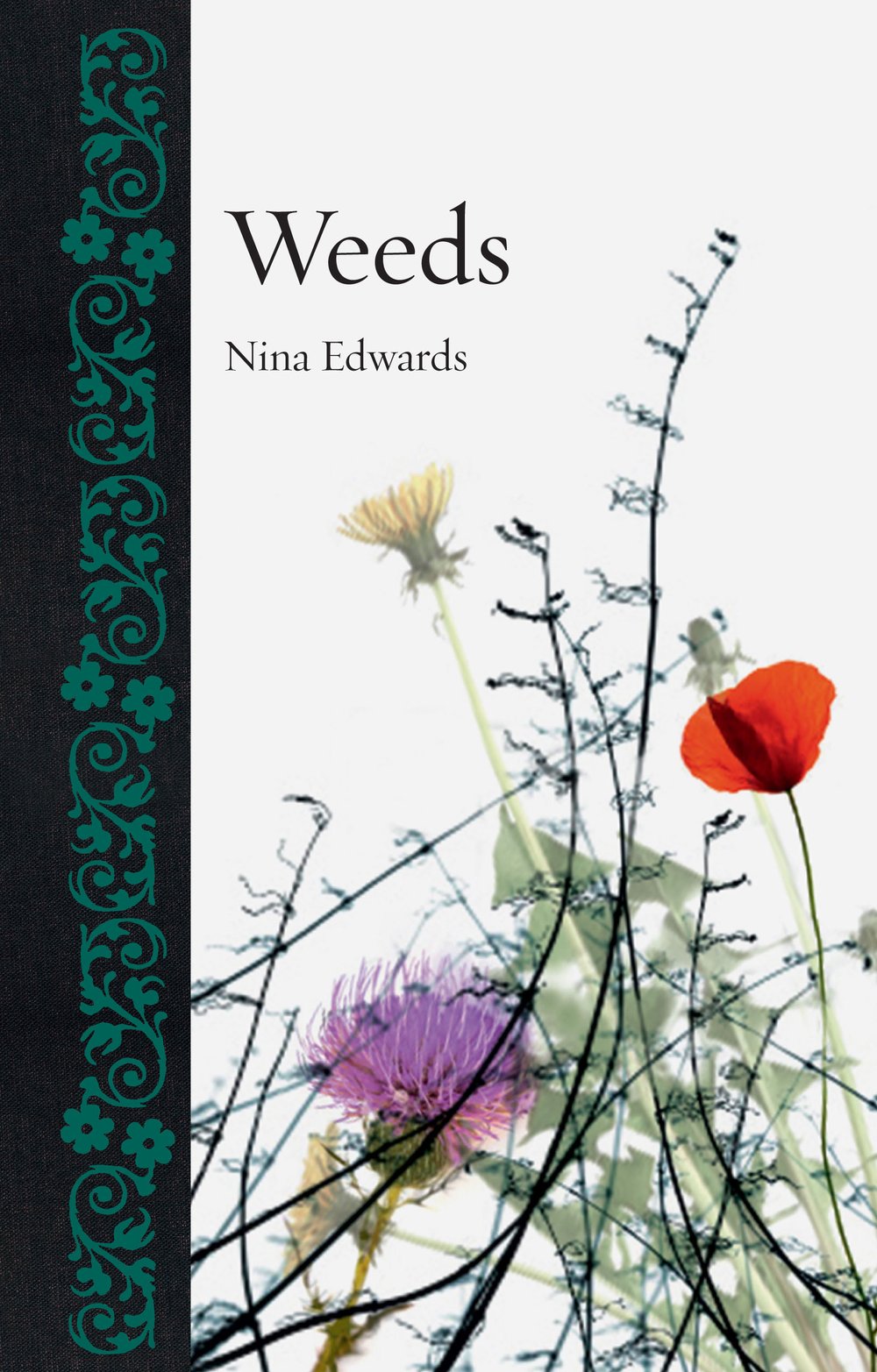
A wide-ranging scientific and cultural history of weeds that reveals just how interesting and useful these seemingly annoying plants can be.
We spray them, pluck them, and bury them under mulch; and we curse their resilience when they spring back into place. To most of us, weeds are a nuisance, not worth the dirt they are growing in. But the fact is weeds are a plant just like any other, and it is only we who designate them as a weed or not, as a plant we will dote over or one we will tear out of the earth with abandon. And as Nina Edwards shows in this history, that designation is constantly changing. Balancing popular history with botanical science, she tells the story of the lowly, but proud, weed.
As Edwards shows, the idea of the weed is a slippery one, constantly changing under different needs, fashions, and contexts. In a tightly controlled field of corn, a scarlet poppy is a bright red intruder, but in other parts of the world it is an important cultural symbol, a potent and lucrative pharmaceutical source, or simply a beautiful, lakeside ornament. What we consider a pest – Aristolochia Rotunda, or 'fat hen' – was, in Neolithic times, a staple crop, its seeds an important source of nutrition. Sprinkled with personal anecdotes and loads of useful information, Weeds sketches history after history of the fashions and attitudes that have shaped our gardens, showing us that it is just as important what we keep out of them as what we put in, and that just because we despise one species does not mean that there haven’t been others whose very lives have depended on it.
'This latest in Reaktion’s Botanical series, which is an engaging amalgam of natural and cultural history, is well suited to such treatment because it focuses on plants that have been our companions since our species first began to leave its mark on the planet, such as goosegrass and darnel (the ‘tares’ mentioned in the Bible). Reading Nina Edwards’s entertaining account of their place in our fields, cities, art, and even diet gave me a new respect for these resilient plants.' – BBC Wildlife Magazine
'Is it a weed? Good question. Nina Edward’s main point in this well-written book is that it all depends on what you mean...There is plenty more of this food for thought here — and, indeed, some food for eating. Recipes are given for ground-elder quiche and dandelion fritters...All this dense discussion is thought-provoking.' – Country Life

Nina Edwards is a freelance writer and actor living in London, UK, and the author of On the Button: The Significance of an Ordinary Item.

